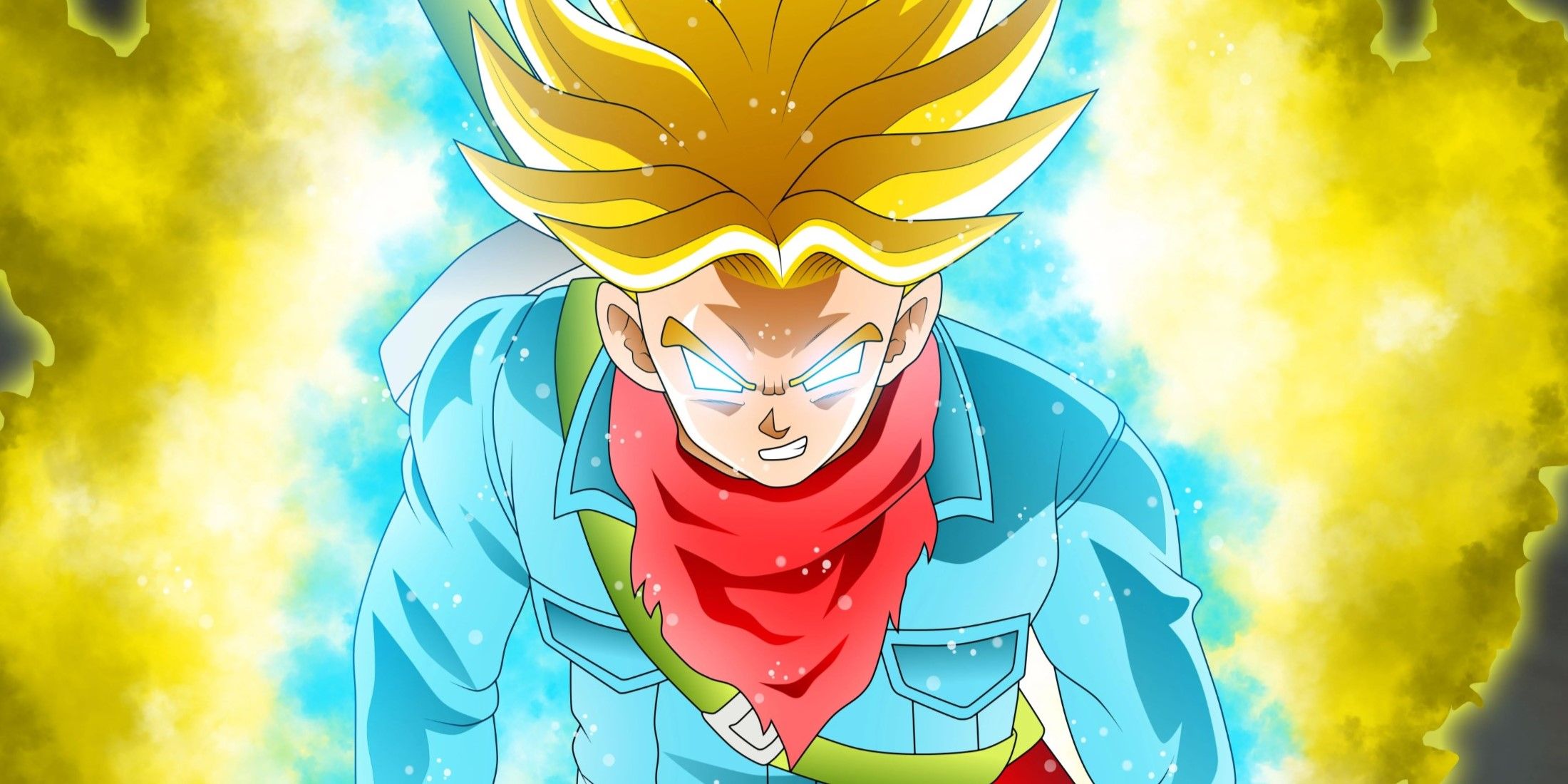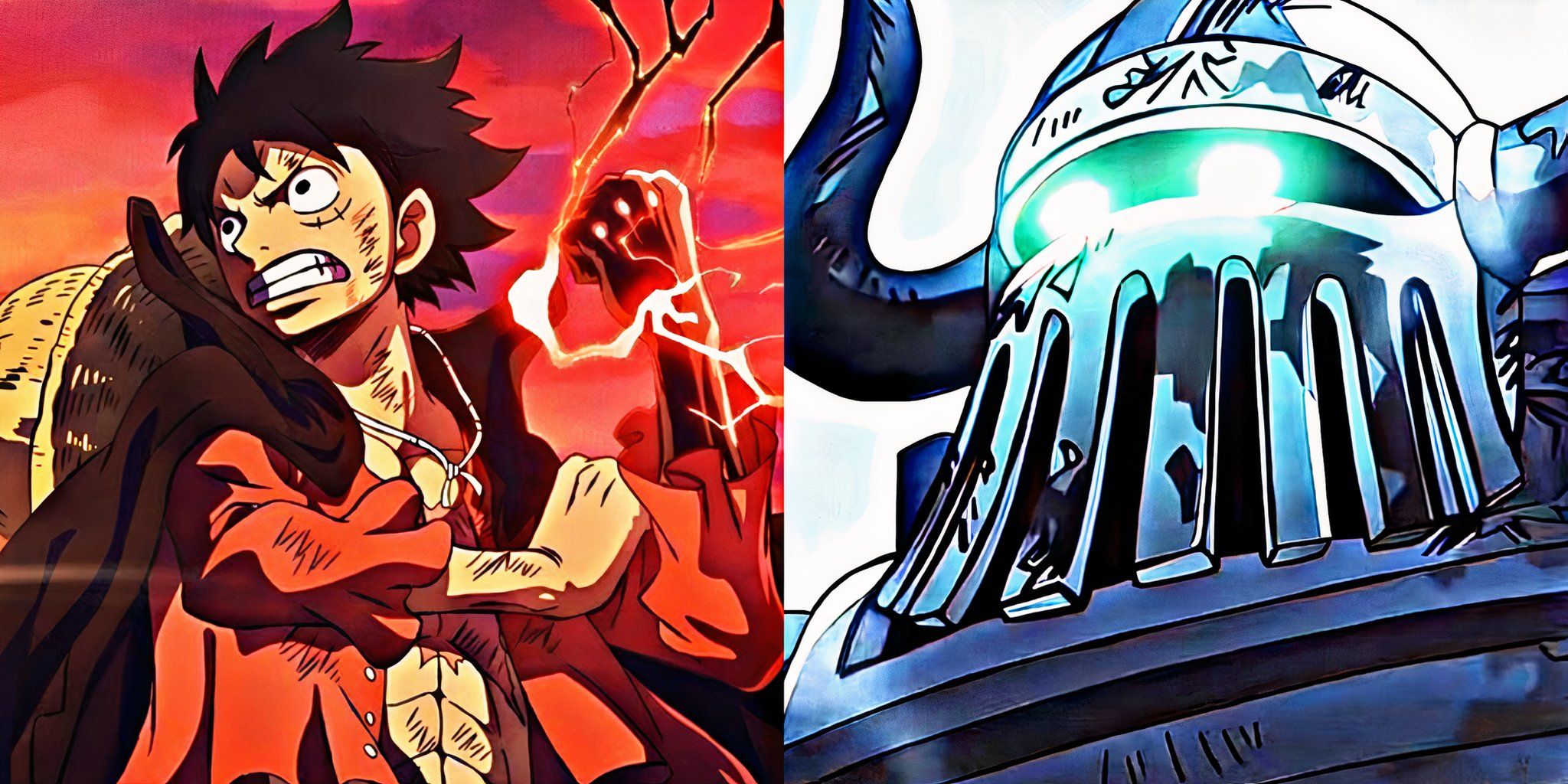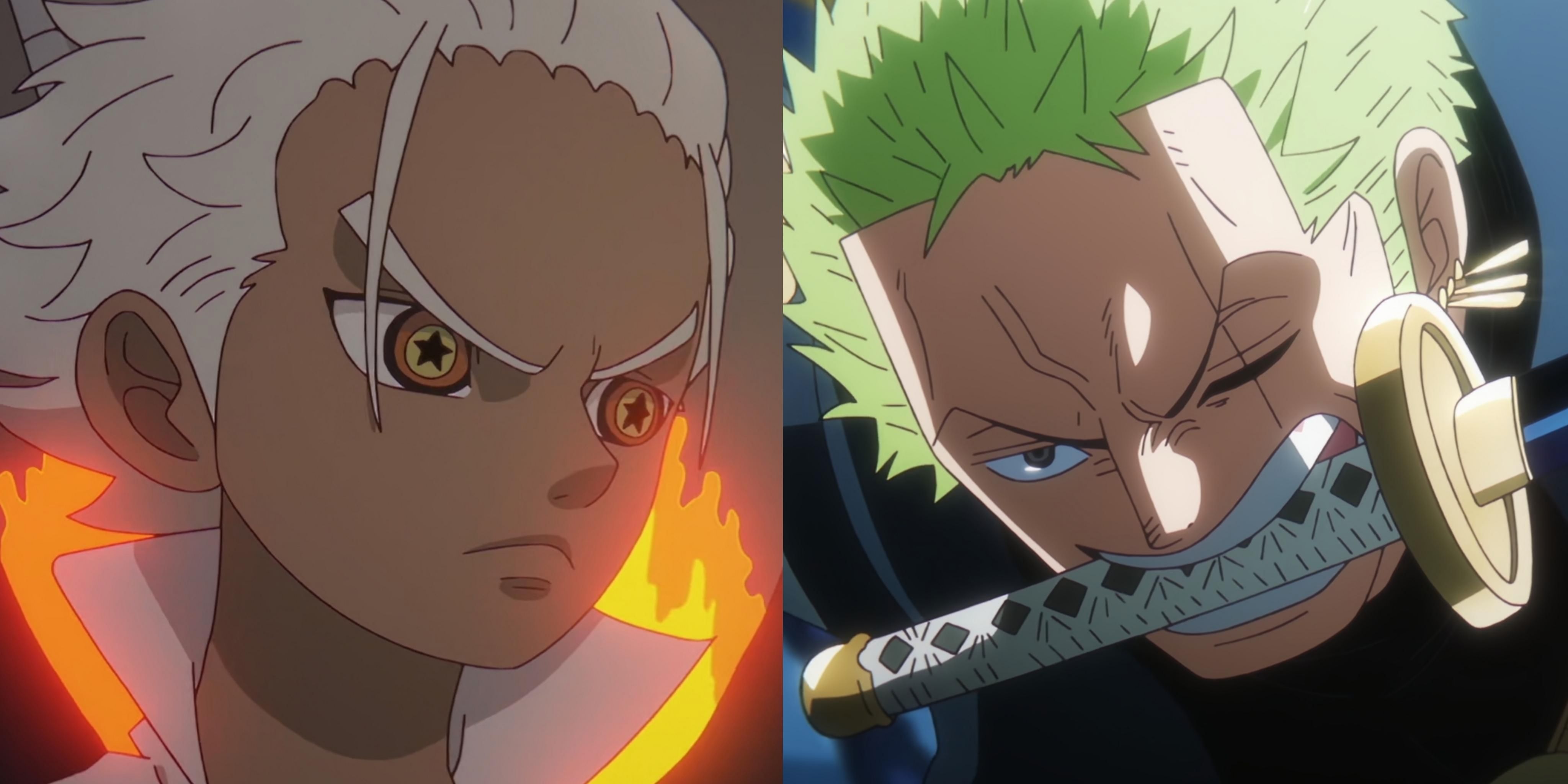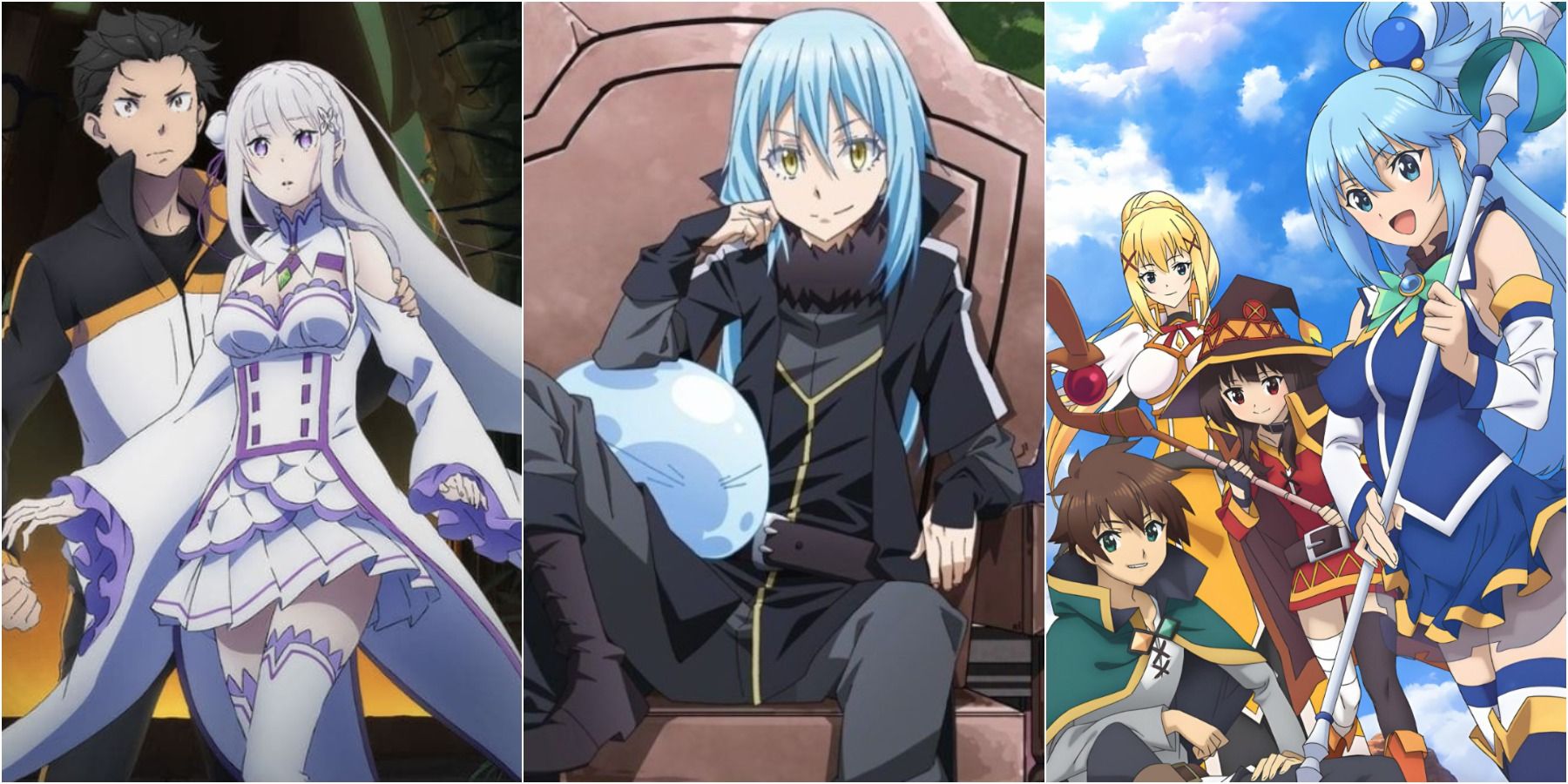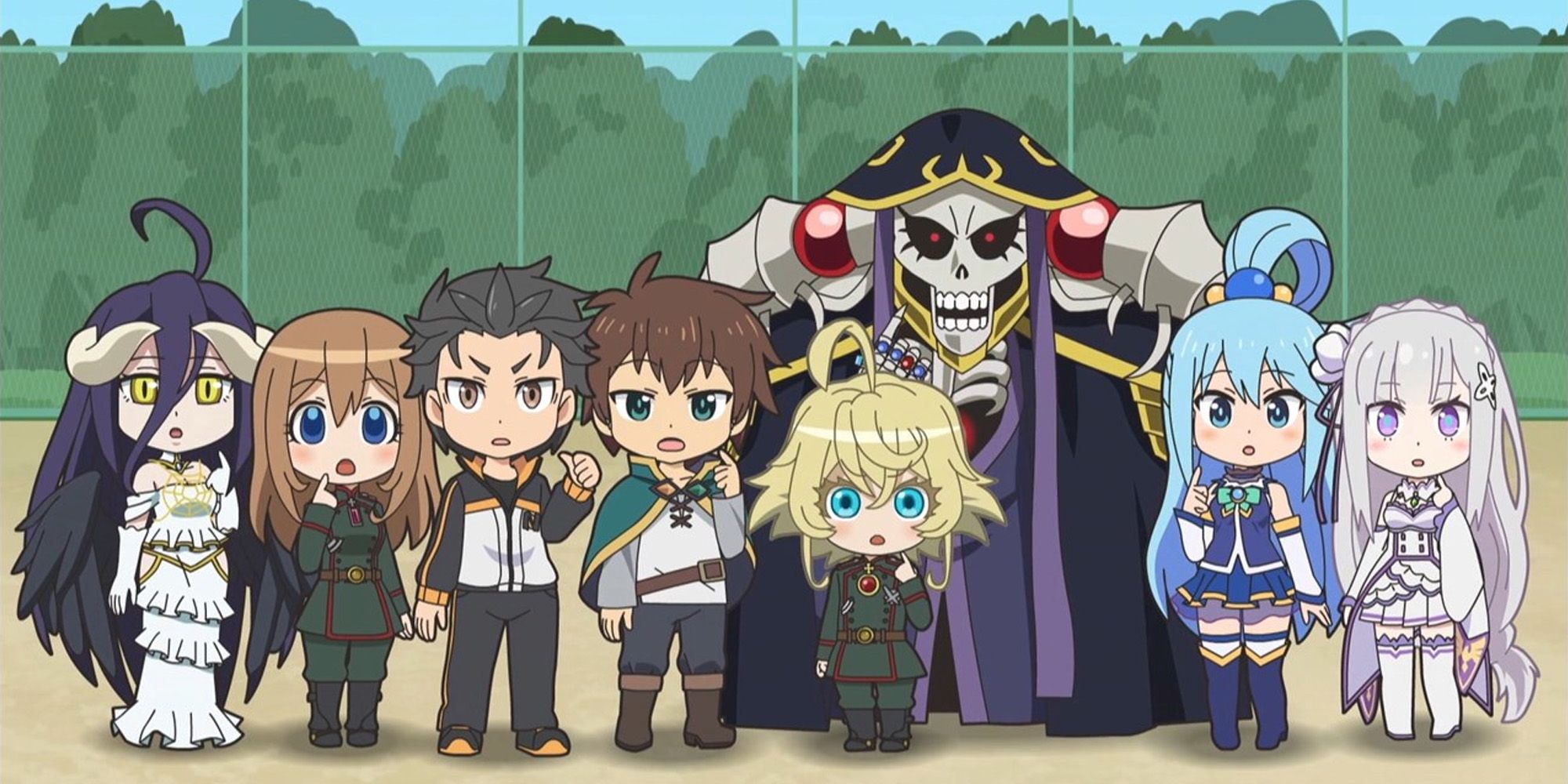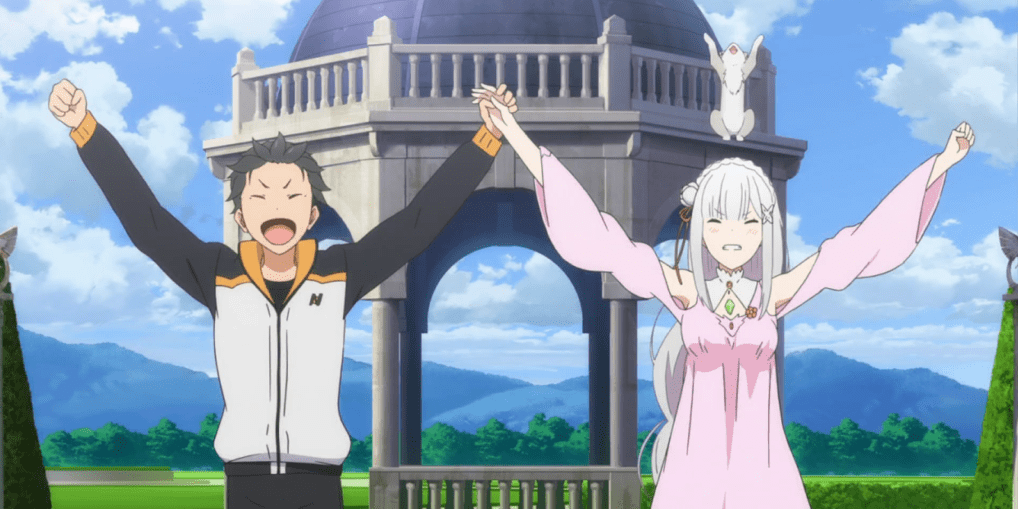Fiction is often an exercise in the art of escapism, providing distraction from the routines and difficulties of everyday life. The most extreme form of this escapism is a desire to leave this world altogether in search of a more exciting, fantastic life (pun intended). Therefore, tons of stories over time have revolved around characters living in the real world finding themselves entirely different places. Japan developed its own tradition of portal fantasy called isekai, which roughly translates to "other world", and in modern Japanese culture, it's omnipresent. But that wasn't always the case.
Isekai has roots that go back centuries, and elements of it have been present in anime and manga for several decades. It wasn't until the 1990s, however, that isekai became a significant part of the greater fantasy genre, with series like Inuyasha, Magic Knight Rayearth, and Digimon Adventure being popular examples. It was the 2000s, however, that truly set the stage for isekai's eventual dominance. Part of this was due to the aforementioned series, but in reality there was a much bigger culprit: the internet.
How Isekai Exploded
The increasing ubiquity of the internet in the early aughts set in motion two trends which would build the foundations for isekai as we know it today. The first was the massive spike in popularity of MMORPGs, which inspired series like .hack and the web novel version of Sword Art Online. The second was a single website launched in April of 2004: Shosetsuka ni Naro, or "Let's Become a Novelist", often shortened to "Naro". Naro is undisputed hub of free light novel publication in Japan. Users have written and shared nearly a million free novels on the site since its publication, and users inspired the concurrent Familiar of Zero began to submit isekai stories to the site en masse after its inception.
Over time, many of the site's most prominent novelists would see their work picked up for publication as light novels, and eventually receive anime and manga adaptations. Indeed Naro is responsible for a frightening percentage of well-known isekai works, including the vast majority of those which have become anime over the past decade and a half. These include, among others, titans such as Log Horizon, Mushoku Tensei, Re:Zero, Overlord, That Time I Got Reincarnated as a Slime, KonoSuba, The Irregular at Magic High School, and The Rising of the Shield Hero.
All of these series are fantastic, and they stand along with the popular but flawed Sword Art Online as emblematic isekai titles. They stand on their own merits, and their quality warrants their adaptations into manga and anime form. Here's the problem: success always spawns imitations of lower quality. And for each one of these series, there are several isekai stories which somehow find popularity despite being heavily flawed in their premise, narrative, and/or characters.
This is at its worst when isekai mixes with the harem genre, creating at-best forgettable and at-worst nauseating outings like Arifureta and In Another World With My Smartphone. While sometimes executed masterfully, as in the case of Overlord or That Time I Got Reincarnated as a Slime, isekai stories are also often rife with completely overpowered protagonists who face no real stakes. You could argue that this is a logical conclusion of the escapism that spurred on isekai to begin with, but in most cases a world without challenge is also a boring one. It takes an extremely talented author to overcome that.
Isekai's Future
Many of these weaker series also get anime, and since the mid-2010s this has often been at the expense of more traditional fantasy fare. Isekai is consequently facing somewhat-justified backlash as a genre due to its oversaturation in Japanese culture, as well as by fans of Japanese culture abroad. It's harder to argue that admittedly good slice-of-life isekai like Ascendance of a Bookworm and Restaurant to Another World are encroaching on traditional fantasy, but with the more straight-forward scenario of "guy or girl gets hit by Truck-kun, dies, and gets godlike powers in another world", things are definitely getting stale.
That said, if this article has demonstrated anything, it's that isekai is not a fad, and it probably won't be going away anytime soon. But it does need to be scaled back or addressed more creatively. The best isekai of the past several years have attempted to either subvert or ignore the tropes established by earlier entries in the genre. Those tropes will be well-enough represented as the series that did it right continue to receive periodic adaptations, and eventually (ideally) end. And while imitation is the sincerest form of flattery, it may not be the best approach for authors seeking to cash in on the enduring popularity of series from the early 2010s.
The isekai genre doesn't need to die, but it does need to be reborn in a less caricatured form. That's already starting to happen, but the process needs to accelerate. Anime studios in particular should also be much more selective about the number of isekai they're willing to adapt in a season, and authors who want to write isekai would be wise to bank on trying something different. The sooner those changes are made, the better things will look for fantasy and sci-fi anime and manga as a whole.

